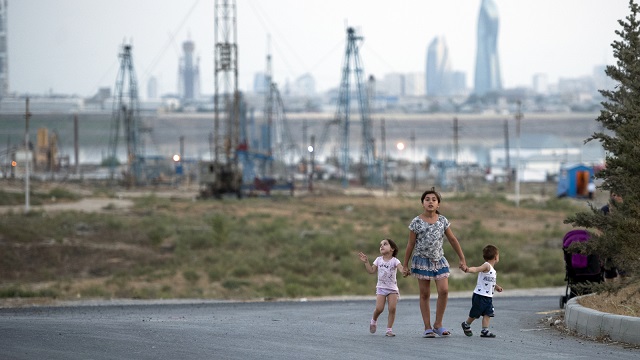EU NEIGHBOURS. The European Commission has adopted its initial annual humanitarian budget of €1.4 billion for 2021 to tackle global humanitarian needs, further exacerbated by the consequences of the coronavirus pandemic and the effects of climate change. The budget includes €28 million to fund projects addressing crises in Ukraine, the Western Balkans and the Caucasus.
The overall budget represents an increase of more than 60% compared with the initial humanitarian budget of €900 million adopted last year, and breaks down as follows:
- €505 million allocated to tackle long-term crises in Africa, as well as food and nutrition and conflict-related crises.
- €385 million for needs in the Middle East and Turkey to help those affected by the Syria regional crisis, as well as the extremely severe situation in Yemen.
- €180 million in humanitarian assistance to help the most vulnerable populations in Asia and Latin America.
- €28 million to fund projects addressing crises in Ukraine, the Western Balkans and the Caucasus.
- €302 million to be used for EU humanitarian air services and for unforeseen humanitarian crises or sudden peaks in existing crises.
Since climate change is increasing communities’ vulnerability to humanitarian crises, the funding will also help vulnerable populations in disaster-prone countries to prepare better for various natural hazards, such as floods, forest fires, earthquakes, and cyclones.
“Ultimately, humanitarian aid is about saving lives. Yet the gap between the financial resources provided by donors and the rapidly increasing humanitarian needs in 2021 is growing,” said Janez Lenarčič, Commissioner for Crisis Management. “To leave no one behind we therefore need more international partners to step up to fill this gap. We should not forget that only a global response will solve global issues, such as the fight against the coronavirus pandemic.”
Read also
The European Union has been providing humanitarian aid since 1992 in over 110 countries, reaching millions of people across the globe each year. EU assistance is delivered through humanitarian partner organisations, including UN agencies, non-governmental organisations, and the Red Cross family.


























































